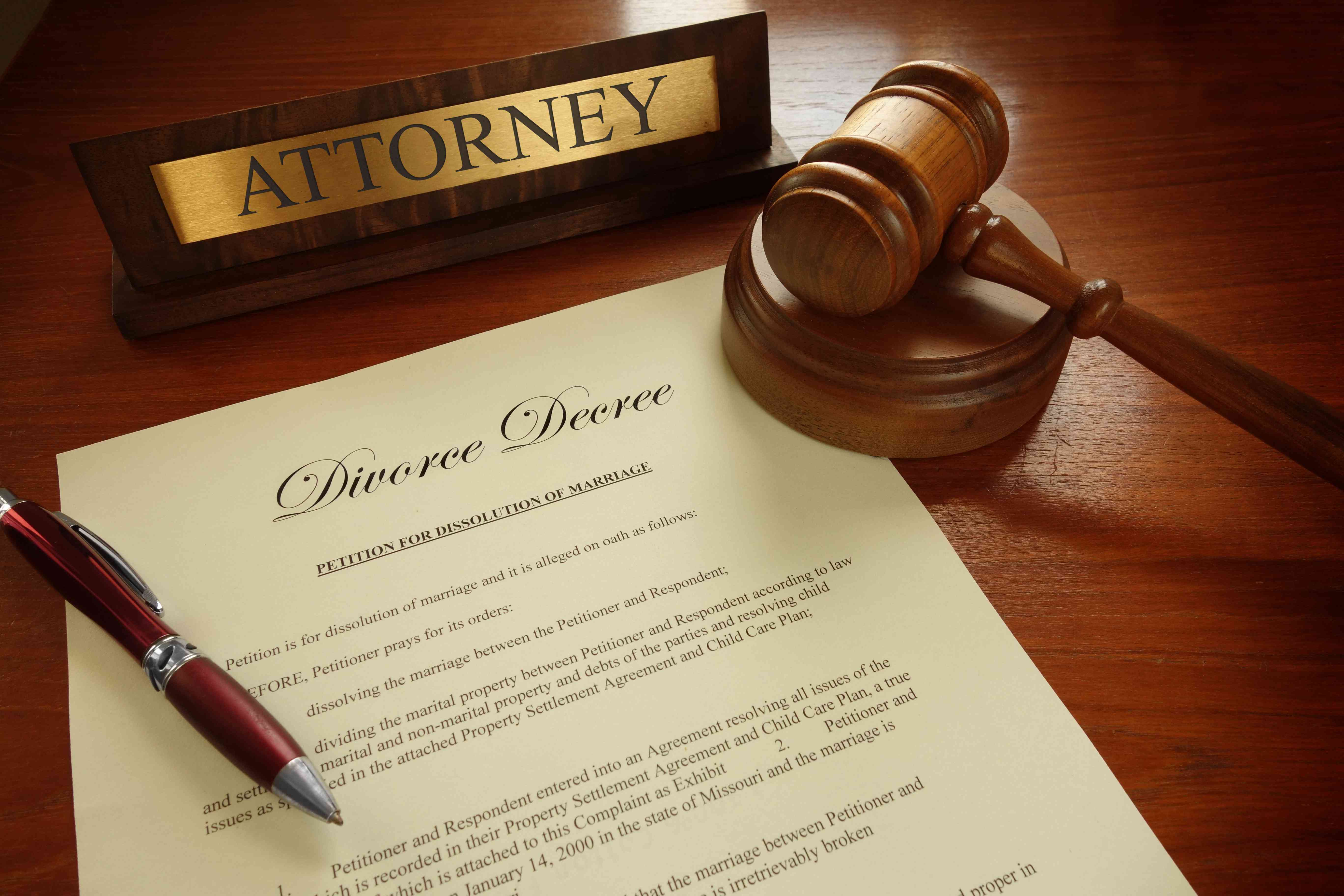 All states have their own variation of wrongful death laws. These specific laws determine exactly what the state considers as “wrongful death,” which individuals could legally pursue a wrongful death lawsuit, and the types of financial compensation available to claimants. The following are specific laws mandated in the state of Illinois.
All states have their own variation of wrongful death laws. These specific laws determine exactly what the state considers as “wrongful death,” which individuals could legally pursue a wrongful death lawsuit, and the types of financial compensation available to claimants. The following are specific laws mandated in the state of Illinois.
How Illinois Defines the Wrongful Death Act
According to the Illinois Compiled Statutes, if the death of an individual is a result of another individual or entity’s wrongful act, default or neglect, the individual or entity which is allegedly to blame for the wrongful death could be held responsible in a lawsuit for wrongful death. This essentially means that a wrongful death claim is pursued one behalf of the individual who passed away due to the wrongful act. So who could file on the deceased individual’s behalf?
The Wrongful Death Act of Illinois states a personal representative of the estate left behind by the deceased individual could file for wrongful death. These include the deceased individual’s spouse, adult offspring or parent. In the event that the deceased individual passed away without an appointed representative of her or his estate, it is up to the court to appoint one, notes a personal injury attorney in Springfield, Illinois. He adds that aside from being responsible for estate-related tasks, the representative will also be the one to pursue the wrongful death lawsuit.
Other Crucial Things to Note
In wrongful death claims, some damages are only applicable to particular parties. For example, burial and funeral expenses are usually recompensed directly to the estate because these are costs that are enforced on the deceased individual’s estate. On the other hand, recoverable damages regarding the loss of companionship and/or financial support and care, as well as emotional distress are recompensed to family members including the deceased individual’s children or spouse.
It is likewise crucial to note that there are specific time limits on pursuing wrongful death claims. The statute of limitations in Illinois is within two years of the deceased individual’s untimely death, but there are certain exceptions for the case involving criminal actions or minors. With this in mind, it’s recommended to start with the claim as soon as possible.
